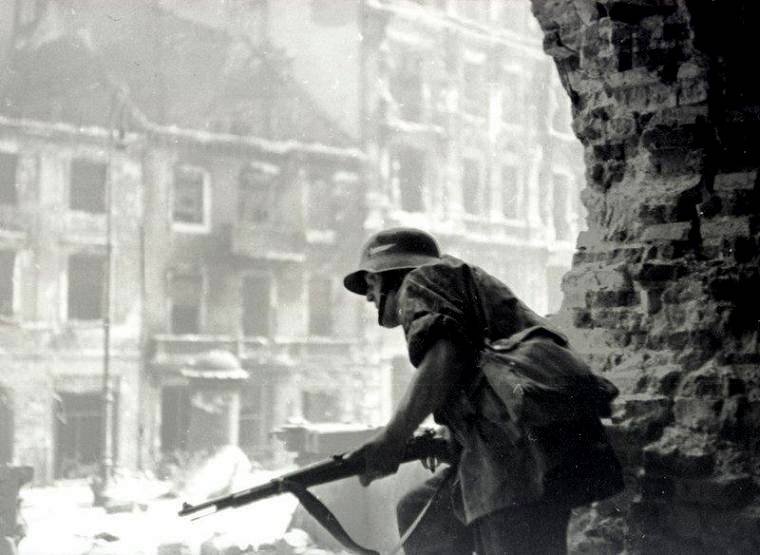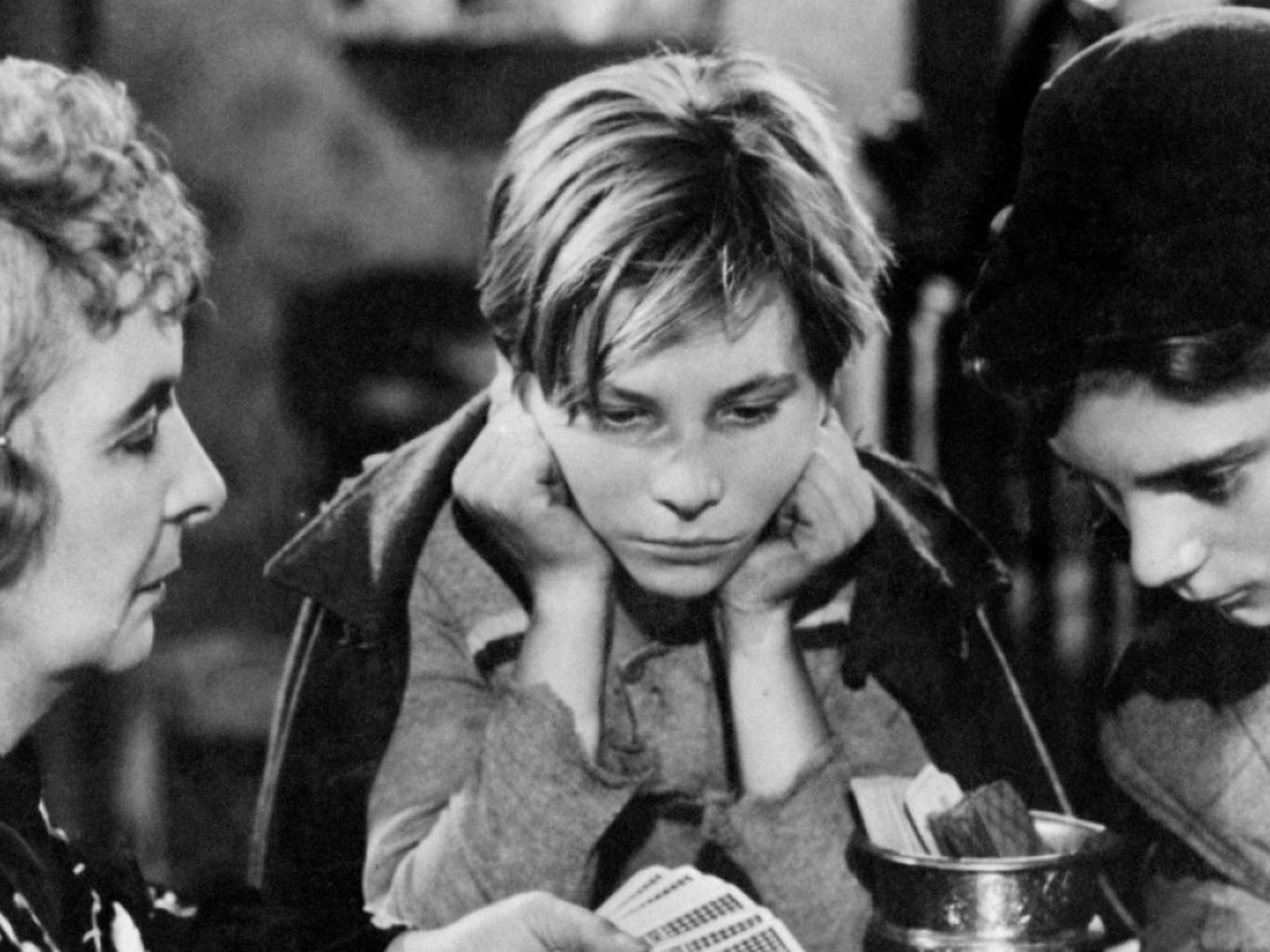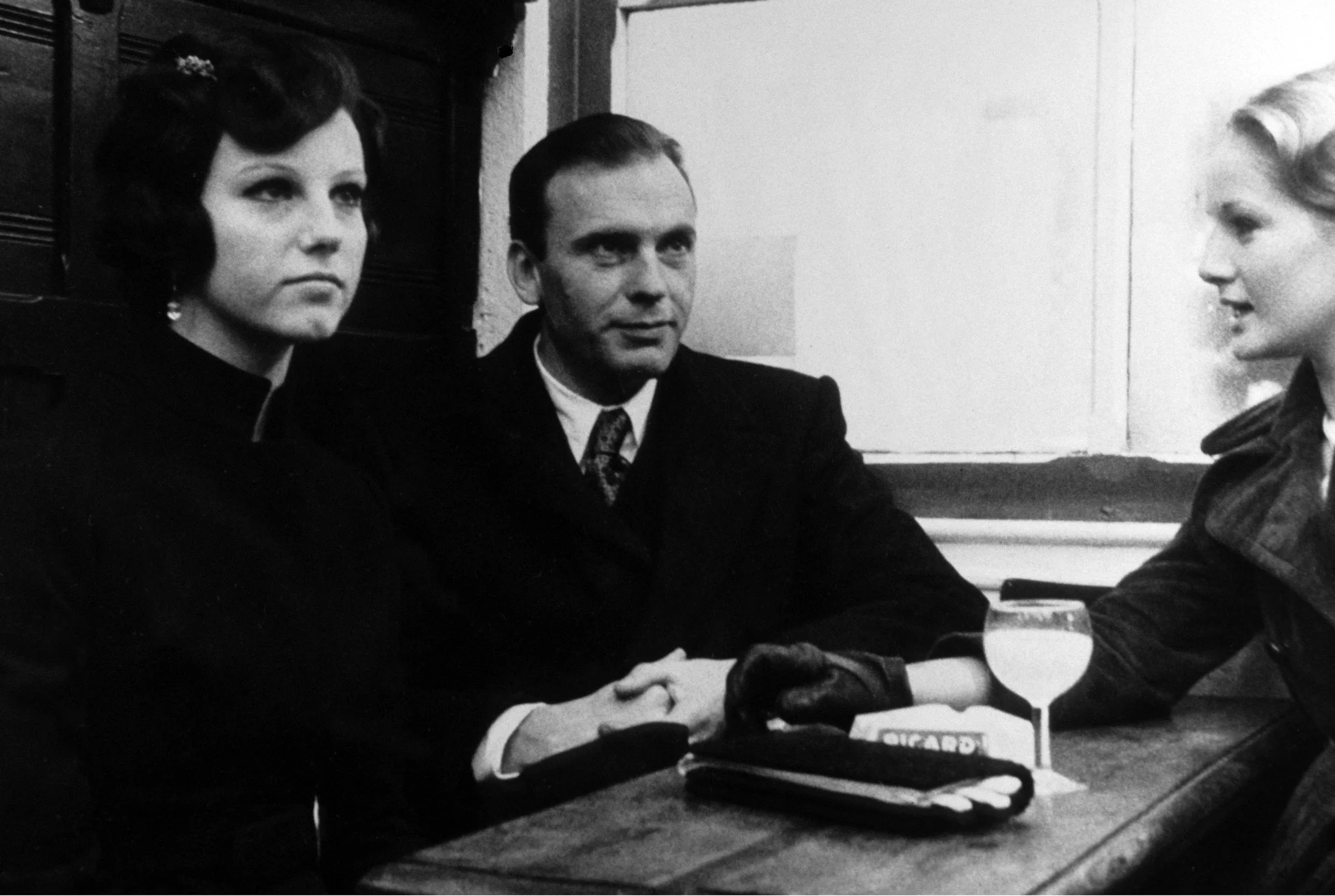
Why did the Soviet Union Withhold Support for the Warsaw Uprising?
One year ago, I visited the Warsaw Uprising Museum in Poland, in which I was deeply touched by Polish people’s struggles for national sovereignty. That spirit had supported their homeland for a century, rebuilding it out of the desperate smoke. In my class “Europe in World War II,” I had a chance to write this research paper about Warsaw Uprising. This paper focuses on the “Soviet aspect” of the Uprising, and it uses the diplomatic correspondence between the Allied leadership to analyze the power dynamics behind this great patriotic movement.
Advisor: Professor Paul Jankowski

Why did Divisions Occur Between Mussolini and Galeazzo Ciano on the Rome-Berlin Alliance?
Count Galeazzo Ciano, former Foreign Minister of Fascist Italy, was one of the most controversial figures in modern Italian history. As the son-in-law of Mussolini, Ciano used to be viewed as a blind follower of the Duce in the Italian collective memory. However, he was executed by Mussolini by firing squad in Verona in the conviction of treason. In this research essay for my class “Europe in World War II,” I tried to explore the factors that lead up to the division between Ciano and Mussolini, especially regarding their attitudes towards the Rome-Berlin Alliance. This, in turn, highlights the flaws of the Italian fascist regime and the generation division in Italy.
Advisor: Professor Paul Jankowski

The Loss of Youth: Failure of Fascist Juvenile Justice System and Its Legacy in Postwar Italy
The most shocking shocking historical fact that I learnt these years was that Mussolini established the first juvenile court in Italy. In contrast to the progressive purpose of the first US juvenile court in Illinois, Mussolini’s juvenile justice aimed to fulfill the vision of consolidating traditional family structure. The justice system did not function appropriately, and it went into collapse in postwar Italy. This research paper from my class “Crimes in Europe” investigated the failure of juvenile justice system in postwar Italy with neorealist films as primary sources. It also explores how the juvenile justice system in postwar Italy influenced by its Fascist predecessors.
Advisor: Professor Alice Kelikian

Judicial Paternalism and Gender Bias in the late 20th Century American Juvenile Justice System
In the late 20th century, American society is characterized by a rising number of youth crimes and increasing “toughened” criminal policies. It is worth noticing that American juvenile courts involved gender bias in their judgments and measurement of penalties, that young women were treated more severely at trials and sentencing. In this research paper from my class “American Legal History II,” I delved into state-level acts and specific treatments that concern juvenile delinquency to investigate the presence of gender bias in the juvenile justice system during the late 20th century.
Advisor: Professor Michael Willrich

The Nights of Existence, Desperation, and Redemption of Cabiria
Federico Fellini was a leader and master of Italian neorealism. However, in this film Nights of Cabiria, there presented elements that are “anti-realism.” This film review essay from my class “Crime in Europe” explores the intertwining of realism and idealism in the plot of this movie and the elements of crimes and deviances. From the lens of the historical situation, this paper also analyzes the historiography of how Fellini and Masina created this fantastic work.
Advisor: Professor Alice Kelikian

Crime, Individuality, and Historical Trauma in The Conformist
Individuality under collectivism is the topic that I always keep on exploring. The novel The Conformist is about a story about a normal person’s lives in Fascist Italy, a highly totalitarian state. He sometimes obeyed, sometimes doubted himself, but in the end the collective violence of the fascist regime took a great toll on him. Under the tide of history, would people be floating with the flow or be drown in the sea? This book review from my class “Crime in Europe” investigates on the collective violence of Fascist Italy and explores how of totalitarianism ideology inflicting on individuals.
Advisor: Professor Alice Kelikian